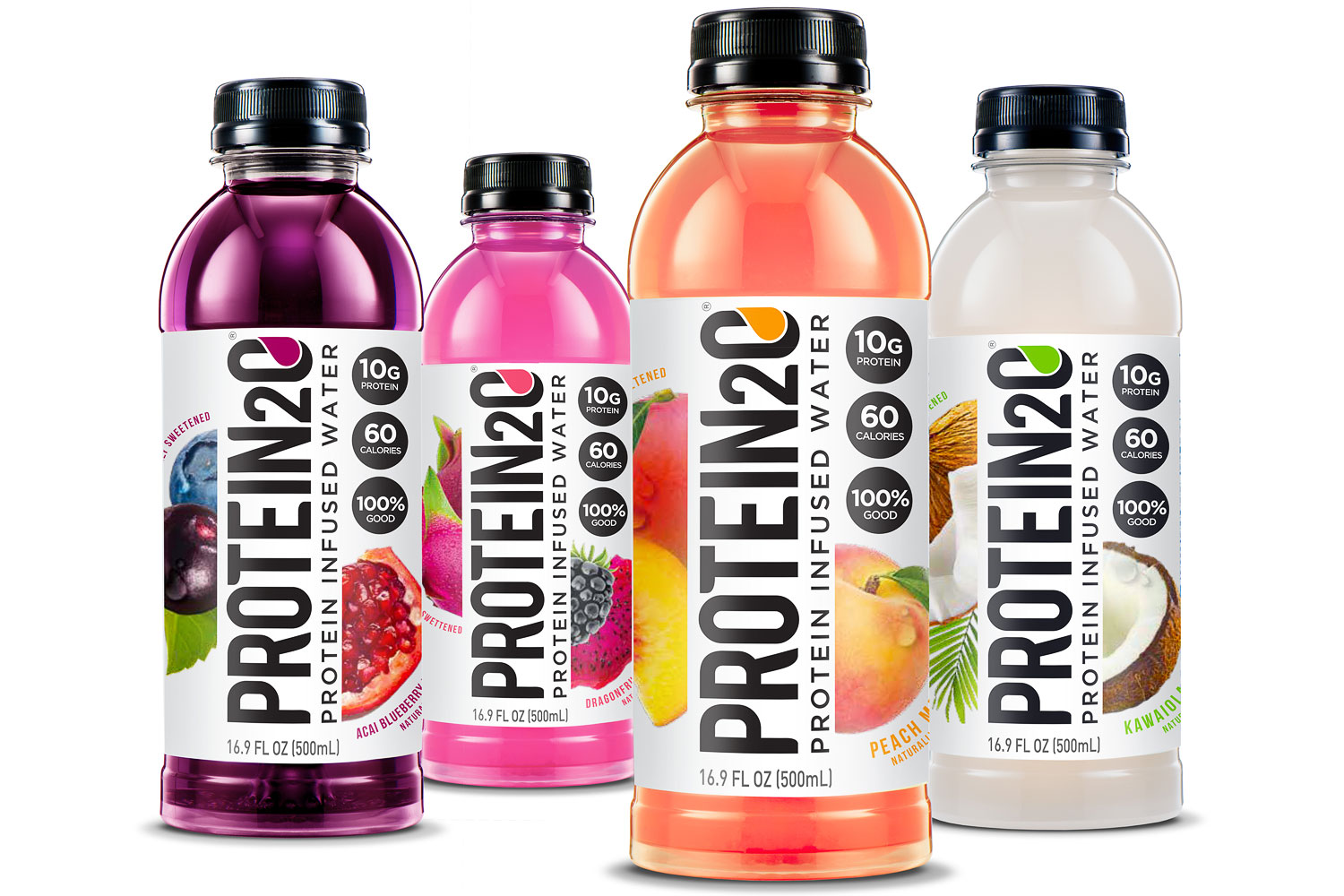RXBar revolutionized the world of protein bars. Vital Proteins essentially built the collagen market. And Simple Mills has made gluten-free, paleo-friendly baking easier in ovens around the nation.
Soon, you may be washing those products down with one that promises equal benefits in liquid form—natural and healthful substitutes for the artificially flavored, sugar-laden sports and energy drinks typically found on sidelines and in store aisles.
Take Coco5, started by head Blackhawks trainer Mike Gapski and now-president and CEO Scott Sandler. The two teamed up around 2011, when Gapski struck out searching for a sports drink for his team free of artificial dyes and other questionable ingredients.
Coconut water worked, but players didn’t like the taste. So the pair worked with a food scientist to hone the perfect formula, using athletes as guinea pigs. Sanders would hit practice each morning to watch their reactions to new formulas: “We used to joke and call it the spit test—would they drink it or spit it out?” he says.
Once they nailed the ingredients and six flavors—including Sanders’ preferred, Limon—they took a slow-growth strategy, he says. Now, Coco5 is in 82 professional and collegiate locker rooms, recently closed a $1.5 million round of fundraising and launched in Canada, and moved more bottles in the first quarter of this year than they did all last year. “2018 is going to be our breakout year,” Sanders says.
Sarah Hardgrove-Koleno, a mom, tennis player, and former partner at a large law firm, noticed a similar lack of natural alternatives to fuel her own games—and her four kids’ soccer leagues. So she also worked with a flavor architect to craft a simple, clean rehydration and electrolyte replenishment she called KRā.
“We wanted to make sure there was no junk in the product,” says Hardgrove-Koleno, who’s now CEO. Parents and health-conscious consumers can check the label and pronounce every ingredient, she says (for instance, water, organic sugar, sea salt, and orange, blueberry and lemon juice for flavor).
KRā—the name stands for keep rising above, a company motto of sorts—is now sold in 15 states, most surrounding Chicago and Washington, D.C. (where co-founder and chief operating officer Dan Trainor is now based; chief marketing officer Annie Hesser rounds out the founding trio). Within three years, Hardgrove-Koleno predicts, the brand will go national.
KRā counts athletes like the Bears’ Cam Meredith and the Pacers’ Glenn Robinson III among its investors—and supporters of KRā for Play, the company’s effort to boost disadvantaged youth sports programs.
Want a beverage with a bit more bulk? Check out Protein2o, which infuses good old water with 15 grams of whey protein (or 10, if you choose one of the new, naturally sweetened flavor blends).
The resulting refreshment solves a slightly different problem—how to get accessible, easy protein without excess calories or the labor of making a shake. Athletes and those aiming to lose weight alike have used it to repair muscles post-workout or between meals, says president Andy Horrow, who joined CEO and founder Bob Kral last year.
Horrow, for instance, slams a bottle of Wild Cherry after his Orangetheory class and before he gets to the yogurt he eats at work. And he’s far from alone in his choice—the brand’s already in every Sam’s Club store and will hit Target and Wal-Mart shelves nationwide by the end of the month.
As for why local beverage brands may soon sip success on a larger scale: Chicago has plenty of thirsty, fit customers to satisfy, providing an ideal climate for early growth, Hardgrove-Koleno says.
And as Horrow—who spent 13 years at PepsiCo, including nine with Gatorade—points out, an abundance of employees and execs from the area’s larger consumer product goods companies, many creatively stifled in the past, are standing by to fill their cups and bottles. “You combine these people with the true entrepreneurs out there, you end up with a lot of know-how of not only how to think about how to create a product, but how to get a product to market,” he says.



